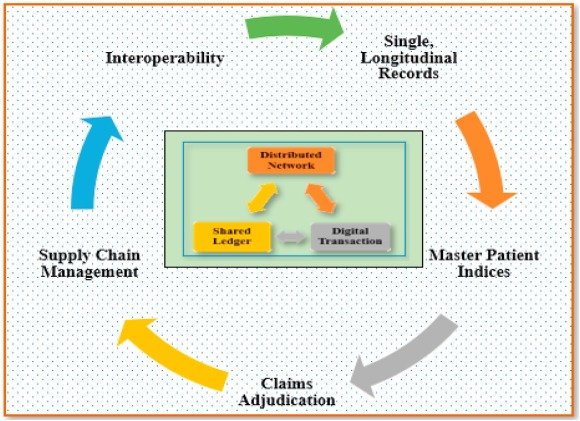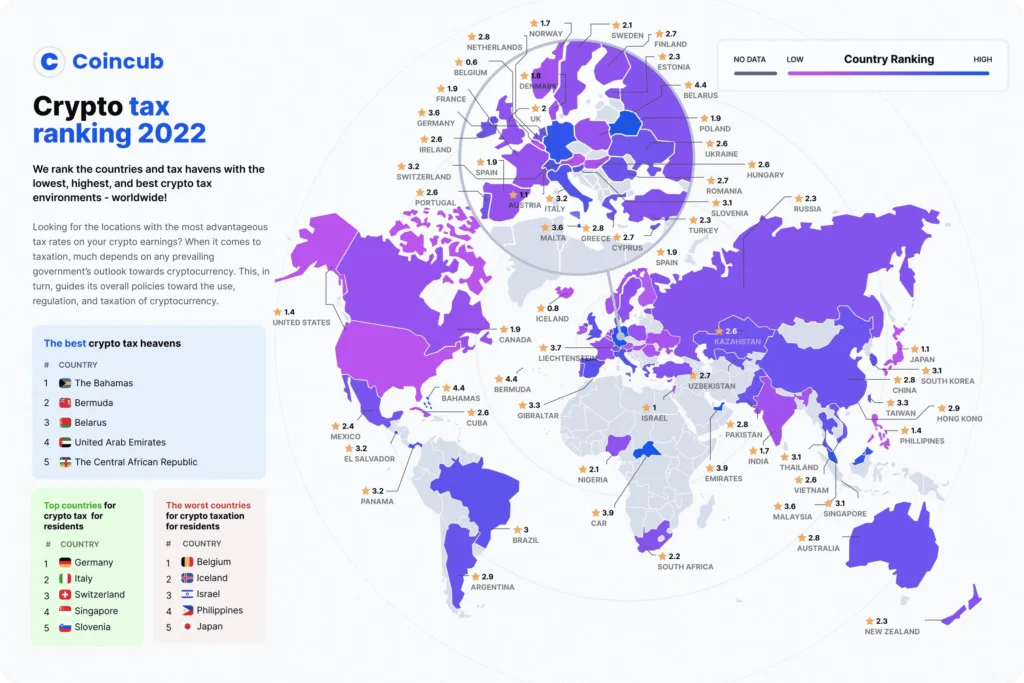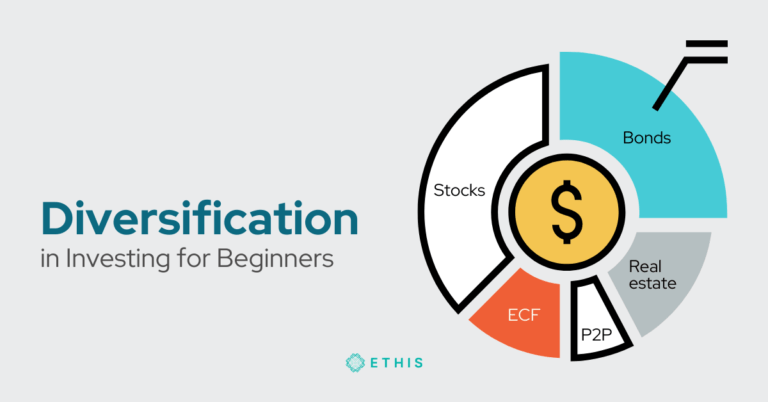
The Basics: Understanding Blockchain and Its Potential in Healthcare
Blockchain technology has been making waves across various industries, and healthcare is no exception. So, what exactly is blockchain? Think of it as a digital ledger that records and verifies transactions securely and transparently. Unlike traditional databases, blockchain operates on a decentralized network, meaning there is no central authority controlling the data. This decentralized nature brings forth a range of potential benefits for healthcare.
One of the primary advantages of blockchain in healthcare is its ability to enhance data security and privacy. With traditional systems, patient information is stored in centralized databases, making it vulnerable to breaches and unauthorized access. Blockchain, on the other hand, encrypts and protects every data point, making it nearly impossible for hackers to infiltrate. Moreover, blockchain allows patients to have more control over their data, enabling them to grant access only to selected healthcare providers. This not only safeguards sensitive information but also empowers patients to take charge of their privacy. So, blockchain has the potential to revolutionize healthcare by ensuring that patient data remains protected, confidential, and accessible only to the authorized individuals.
Privacy and Security: How Blockchain Can Safeguard Patient Data
In today’s digital age, where patient data is increasingly vulnerable to breaches and cyberattacks, the need for robust privacy and security measures is paramount. This is where blockchain technology comes into play, offering a revolutionary solution to safeguard patient data. By its very nature, blockchain provides a decentralized and transparent system that makes it virtually impossible for hackers to tamper with or gain unauthorized access to sensitive information.
Imagine a world where medical records are stored in a secure and immutable digital ledger. With blockchain, patients can have complete control over their data, granting access only to trusted healthcare providers and organizations. This eliminates the need for intermediaries, such as third-party data custodians, and reduces the risk of data breaches. Furthermore, blockchain’s encryption and cryptographic algorithms ensure that patient information is protected against unauthorized modifications or tampering, providing an added layer of security that traditional methods simply cannot match.
With blockchain’s innovative approach to privacy and security, patients can have peace of mind knowing that their personal health information is tightly secured. The potential impact of this technology on the healthcare industry is immense, paving the way for a future where patients have control over their data and healthcare providers can operate in a secure and trustworthy environment. As blockchain continues to evolve and gain traction, it is increasingly clear that it is not just a buzzword but a transformative tool that holds immense potential in safeguarding patient data.
Interoperability: Breaking Down Data Silos with Blockchain
In the current healthcare landscape, one of the biggest challenges is the lack of interoperability among different healthcare systems. Data silos, where information is trapped within individual systems and cannot be easily accessed or shared, hinder efficient and effective patient care. Luckily, blockchain technology offers a potential solution to break down these data silos and improve interoperability.
With blockchain, a distributed ledger that securely records transactions, healthcare providers can establish a trustless network where data can be seamlessly shared and accessed across different systems. This eliminates the need for manual data entry, reduces errors, and ultimately improves patient outcomes. Imagine a world where doctors, nurses, and specialists can access a patient’s complete medical history with just a few clicks, regardless of the system they are using. This would revolutionize the way healthcare professionals collaborate and make informed decisions about patient care. By breaking down data silos, blockchain paves the way for a more interconnected and patient-centric healthcare system.
Streamlining Processes: Enhancing Efficiency in Healthcare Operations through Blockchain
Streamlining Processes: Enhancing Efficiency in Healthcare Operations through Blockchain
Healthcare operations have long been plagued by cumbersome administrative tasks and inefficient processes. However, with the advent of blockchain technology, there is a glimmer of hope on the horizon. By leveraging blockchain, healthcare organizations can streamline their operations and improve efficiency in ways never seen before.
One of the key benefits of blockchain in healthcare operations is its ability to provide a secure and transparent platform for data exchange. Gone are the days of faxing or mailing patient records between different healthcare providers. With blockchain, medical records can be securely stored and easily shared among authorized parties. This not only eliminates the need for labor-intensive paperwork but also reduces the risk of errors or data breaches. Imagine the time and resources saved when doctors and nurses have immediate access to a patient’s complete medical history, right at their fingertips.
But the advantages of blockchain in streamlining healthcare operations don’t stop there. Take the example of supply chain management. With blockchain, the authenticity and safety of medicines can be easily tracked and guaranteed. By recording every step of the supply chain on the blockchain, from manufacturing to distribution, healthcare organizations can significantly reduce the risk of counterfeit drugs entering the market. This not only ensures patient safety but also minimizes the financial loss resulting from counterfeit medication. Blockchain technology, with its decentralized and immutable nature, provides a reliable solution to the long-standing problem of traceability in the pharmaceutical industry.
Improving Patient Care: Harnessing Blockchain for Seamless Medical Record Sharing
Blockchain technology has the potential to revolutionize the way medical records are shared, enhancing patient care in the process. With blockchain, medical records can be securely stored and accessed by authorized healthcare providers, eliminating the need for redundant paperwork and fragmented information. Imagine a world where doctors can easily access a patient’s entire medical history, regardless of where they received treatment. This seamless sharing of medical records can lead to better-informed decisions and more personalized care for patients, saving valuable time and improving overall patient outcomes.
Not only does blockchain enable the efficient sharing of medical records, but it also ensures data integrity and privacy. Traditional methods of sharing medical records are vulnerable to data breaches and unauthorized access. However, with blockchain, each transaction is encrypted and linked to the previous transaction, forming an unchangeable chain of data. This decentralized and tamper-proof nature of blockchain provides patients with peace of mind, knowing that their sensitive information is protected. Additionally, patients have control over their own data, deciding who to share it with, empowering them to actively participate in their own healthcare journey. By harnessing blockchain for seamless medical record sharing, the healthcare industry can take a significant step towards improving patient care and redefining the way healthcare is delivered.
Traceability and Supply Chain Management: Ensuring Authenticity and Safety of Medicines
In the complex world of healthcare, ensuring the authenticity and safety of medicines is of utmost importance. With the ever-growing number of counterfeit drugs and the potential risks they pose to patients, a reliable and efficient system is needed to track medicines from production to consumption. Enter blockchain technology, the game-changer in traceability and supply chain management.
Blockchain provides a transparent and immutable ledger where every transaction and movement of a medicine can be recorded. This means that at any point, stakeholders can trace the journey of a medicine, verifying its authenticity and ensuring its safety. Whether it’s a pill made in a remote factory or a high-cost medication, blockchain can provide a seamless solution to tackle counterfeiting in the pharmaceutical industry. With its decentralized nature, tampering becomes virtually impossible, offering a higher level of trust and accountability. The potential benefits are immense – from protecting patients from harmful drugs to enabling pharmaceutical companies to detect and eliminate counterfeit products quickly. Blockchain is revolutionizing traceability and supply chain management in the healthcare industry, ensuring that medicines reach patients safely and with peace of mind.
Clinical Trials and Research: Accelerating Discoveries with Blockchain Technology
Clinical trials and research have long been the backbone of medical advancements, allowing scientists to discover new treatments and cures. However, the process is often plagued with challenges, such as data integrity and transparency. Enter blockchain technology – the revolutionary innovation that has the potential to accelerate discoveries in the world of healthcare research.
By leveraging blockchain, researchers can ensure the authenticity and integrity of data throughout the entire clinical trial process. This decentralized system allows for the secure and transparent recording of each step, from the recruitment of participants to the collection of data and analysis of results. Imagine a world where researchers can trust the data they collect, free from any tampering or manipulation. Blockchain technology brings us one step closer to fulfilling this dream – a dream that holds the promise of transforming the way we conduct clinical trials and revolutionizing the path to medical breakthroughs.
Telemedicine and Remote Patient Monitoring: Empowering Healthcare Delivery with Blockchain
Telemedicine and remote patient monitoring have revolutionized the healthcare landscape, making it easier for patients to access medical care and receive timely treatment without the need for in-person visits. With the advent of blockchain technology, the potential for empowering healthcare delivery through telemedicine has grown exponentially.
Imagine a scenario where a patient living in a rural area can seamlessly connect with a specialist located hundreds of miles away. Through blockchain, their medical records can be securely shared, ensuring that the specialist has all the necessary information to provide accurate diagnoses and personalized treatment options. This not only saves time but also eliminates the need for repetitive tests and procedures, ultimately reducing costs for the patient. Moreover, blockchain enables the secure storage and transfer of patient data, protecting it from unauthorized access and maintaining the utmost privacy and security.
In addition to telemedicine, blockchain can enhance remote patient monitoring, further empowering healthcare delivery. With the help of wearable devices and sensors, patients can now monitor their vital signs, such as heart rate and blood pressure, from the comfort of their homes. This data can then be securely stored on the blockchain, accessible to both the patient and their healthcare provider. Through real-time monitoring, healthcare professionals can identify any concerning trends or anomalies, enabling them to intervene promptly and prevent potential health complications. By combining the convenience of remote patient monitoring with the security and transparency of blockchain, healthcare delivery can be truly empowered, providing patients with improved access to care and better health outcomes.


